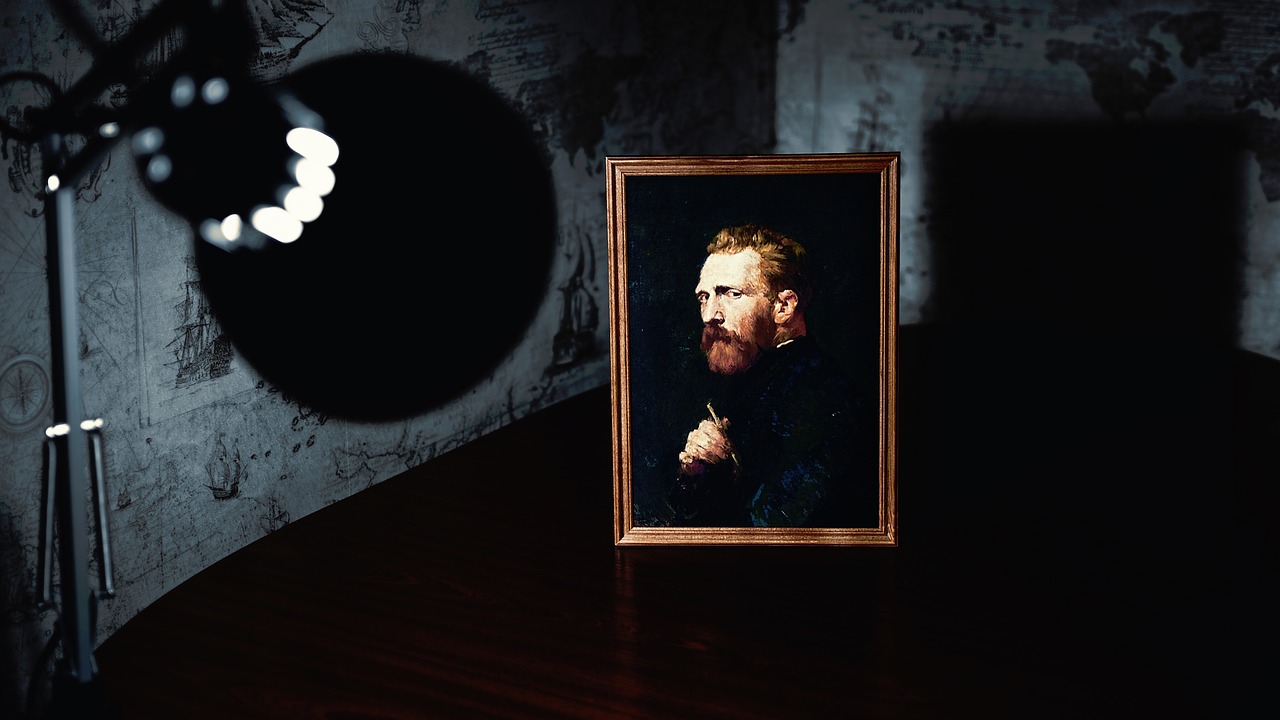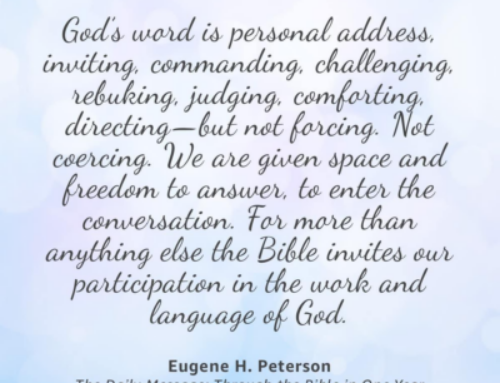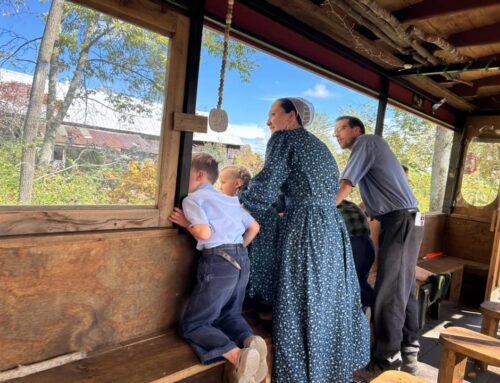Writing, then, was a substitute for myself: if you don’t love me, love my writing & love me for my writing. It is also much more: a way of ordering and reordering the chaos of experience. ― Sylvia Plath, The Unabridged Journals of Sylvia Plath
I keep a daily journal of happenings in my life. Some of these things emerge in my public writing. Literary quotes. Character sketches. Story outlines. You will also find less assuming material in my journals. Financial profiles. Schedules. Contact information. To call these daily journals is generous at best. Sometimes weeks go by without a single entry. Then I’ll go on a binge and nearly fill a book in a week.
If my journal could speak in those gaps, it would cry out in anguish, wail in sorrow, moan in despair. But the pages are blank. Like my mind. Unborn words. Aborted sentences. Silent stories. Flannery O’Connor once said,
I write to discover what I know.
When I don’t write, I can’t think. This is one reason I’ve found such delight in chatting. I write much better than I talk. It’s not that I can be more impressive, but more authentic. There is a direct vein from my fingers to my heart that pumps life into my words which represent me better than what comes out of my mouth.
I have never been one to keep a private diary. On the contrary, I am eager to be read, for people to like what I write, to be liked for what I write. I want people to find meaning in the way I string words together, knit sentence after sentence, stitch a story quilt that is not only beautiful, but will keep them warm in an often bitter cold world.
A great fire burns within me, but no one stops to warm themselves at it, and passers-by only see a wisp of smoke. ― Vincent van Gogh.
Writing is a blessing and a curse. I am blessed to work alone, on my own schedule. And sometimes I am cursed with loneliness. As I write, I stare at the blank screen, my fingers hovering over the keyboard, searching for something inspired to say. At times the words flow. But not tonight. Tonight they are buried in a forest of wispy metaphors and burned-out analogies.
van Gogh’s analogy about the fire burning within works for me at least two levels. The fire is both the passion to create and the dangerous drive to destroy. Creativity sparks my lit desire to make sense of a nonsensical world. Even when no one finds warmth in its flames. Even if it is only viewed as a vaporous puff.
On another level, the fire is self-destructive. Moving with no clear path, ravishing my mind, slashing through my relationships, burning out my desire. No one stops to absorb my heat, contain my flames. They see little else than a faint, indistinct cloud.
It is a celebrated fact that van Gogh sold only one painting in his lifetime. Some see this as a testament to futility. Maybe he should have given up and become a house painter to better earn his keep. Some say this points to society’s failure to recognize genius. It is a tragic shame we only acknowledge an artist’s worth after his or her untimely death.
I instead choose to look at it from the perspective of Vincent’s patron, his brother Theo. Theo van Gogh was an art dealer who absolutely adored his older brother. Not only did he make it financially possible for Vincent to pursue the art of painting with his whole heart, Theo was also generous with his praise and encouragement for his brother to see to his health.
Vincent wrote many letters to Theo (see The Letters of Vincent van Gogh) expressing his views on art, nature, God, friendship. This work is a thick brush stroke of simple beauty, such as this line Vincent directed solely at Theo,
… money can be repaid, but not kindness such as yours.
Success such as van Gogh’s is not measured in receiving popular acclaim, but in the loving appreciation of one person. This makes all the difference in the world. It makes all the difference for the world.








Leave A Comment